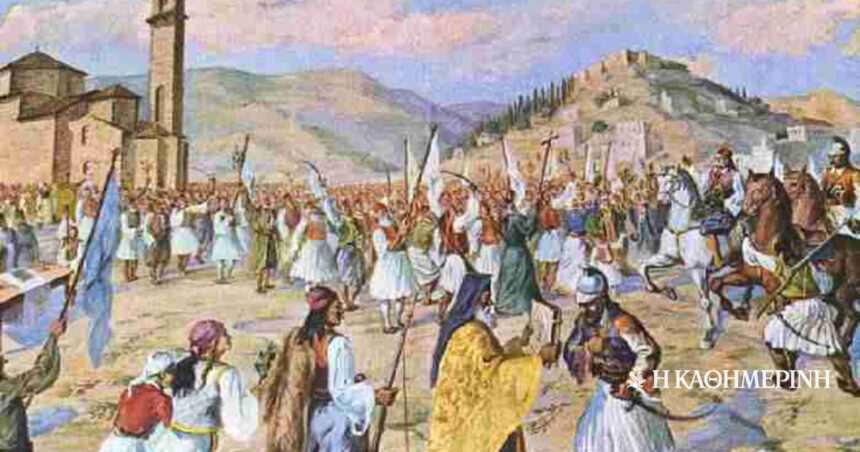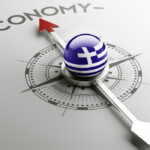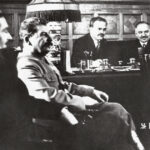YSurrounded by the decision of the Maniators and Captain to declare the Revolution on March 17, 1821The preparations for the start of war operations were intensified in Mani and the wider area. But as the Greek bodies did not take the necessary precautions to cover their actions, their movements were perceived by its Ottomans. Messiniawho took care to carry the news to her Boevoda KalamataSuleiman Arnaoutoglou.
Informing the news, Arnaoutoglou was worried and asked to be informed in more detail than Petrobei Mavromichaliruler of the autonomous Ottoman province of Mani, for the movements of the armed. He reassured him, assuring him that he was ordinary thieves who were active in the area and of course not a threat to him. He was even willing to send a body of Maniates led by the firstborn son of Elias and his brothers Ioannis (Katsi) and Antonios to protect the city.
The expeditionary corps included, among other things, Theodoros Kolokotronis, Papaflesas and Anagnostaras.
Boevodas accepted Mavromichalis’ proposal. On the night of March 22nd, Elias Mavromichalis’ body entered Kalamata and Within a few hours his men occupied the key points of the city. The next morning, on March 23, Petrobei campaigned against Kalamata as head of about 2,000 Maniates and other Peloponnese, among whom the Theodore Kolokotronisthe Gregory Righteous (Papaflesas) and the Anagnostar. Boevodas, in a desperate position, sent his bullshit to the Greek camp to find out the reasons why they besieged Kalamata.
Taking first, as head of the Greek bodies that besieged the Messinian capital, Petrobei exposed to the Ottoman messenger the causes of the uprising of the Greeks: “What you see are not kleptor, and they are not solid, And your torture for so many years; for this we are not like you tyrants and persecute humanity. “
Kalamata’s conquest tempered the frustration created after the failure of the revolution in Patras.
Realizing the unnecessary resistance to the Greek besiegers, the Ottoman administration of the city was delivered shortly afterwards. Then Petrobei Mavromichalis entered Kalamata, the first liberated Greek cityas the leader of the Greek troops, followed by the rest of the chieftains. The following day, on March 24, a doxology was held at the Church of the Holy Apostles, which included thousands of Greeks, inhabitants and armed men.
The occupation of Kalamata was not the consequence of a heroic battle or a long siege, events that would cause the admiration of the rest of the Greeks. The conquest of the Messinian capital was more of a symbolicwhich somehow mitigated the frustration created after the failure of the revolution in Patras, giving the Greeks of the Peloponnese the necessary impulse to rise. In the following days the Kalamata Messinian Senatethe duties of President Petrobei Mavromichalis assumed. Mavromichalis’ most important political act as its president was the drafting of a revolutionary proclamation, in which he told European governments the decision of the Greeks to shake off the “unbearable yoke of Ottoman tyranny” seeking their freedom.
Column: Myrto Katsiera, Vassilis Minakakis, Antigoni-Despina Poumenidou, Athanasios Syroplakis








